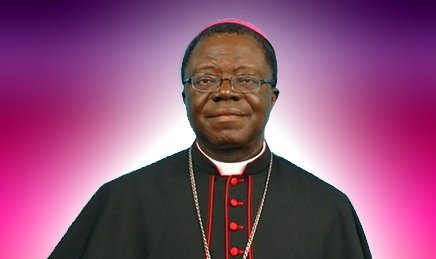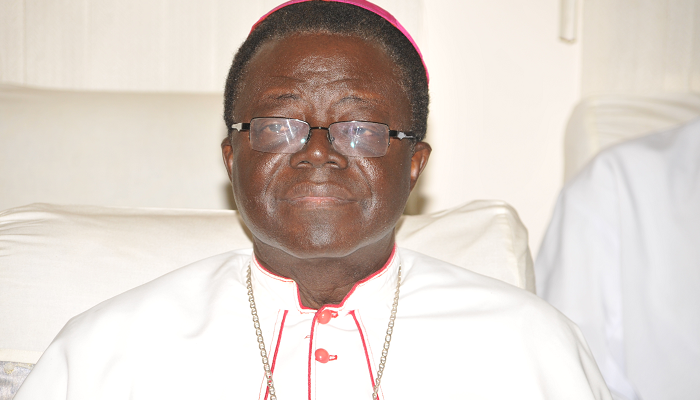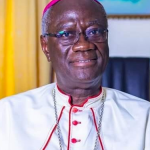A social media post with a photo of Pope Francis claims that he has legally granted Roman Catholic priests the authority to bless same-sex couples.
Many individuals have expressed concern over this, and some have approached me directly to seek my opinion. Someone stated
“Your Lordship, my family is confused about the blessing of same-sex marriages by the priest in the church”.
While the Pope says that same-sex couples can be blessed, he does not declare that Catholic priests can bless same-sex unions! It is a deliberate distortion of the substance of a new paper issued today in Rome.
On December 18, 2023, the Dicastery for the Doctrine of the Faith at the Vatican released a Declaration, with the Pope’s consent, titled
“Fiducia supplicans” (“On the Pastoral Meaning of Blessings”). This Dicastery is the department in the Vatican that deals with doctrinal matters. The Declaration begins by saying that “this Declaration remains firm on the traditional doctrine of the Church about marriage, not allowing any type of liturgical rite or blessing similar to a liturgical rite that can create confusion”.

The Declaration addresses the possibilities
“of blessing couples in irregular situations and same-sex couples without oficially validating their status or changing in any way the Church’s perennial teaching on marriage”.
As a result, the Church lacks the authority to bestow a liturgical blessing to irregular or same-sex couples. It is emphasized that, according to the “perennial Catholic doctrine”,
Sexual contacts between a man and a woman are only legal in the framework of marriage. Thus, while bestowing blessings on people outside the framework of marriage, the blessing must be basic and free of any components resembling a marital rite.
There are, according to the Declaration
“several occasions when people spontaneously ask for a blessing, whether on pilgrimages, at shrines, or even on the street when they meet a priest and these blessings “are meant for everyone; no one is to be excluded from them” (par. 28).
The Declaration goes on to say that in “a brief prayer preceding this spontaneous blessing, the ordained minister could ask that the individuals have peace, health, a spirit of patience, dialogue, and mutual assistance—but also God’s light and strength to be able to fulfil his will completely” (par. 38). On the other hand,
It has also been noted that in order to prevent
“any form of confusion or scandal”, when a couple in an irregular situation or same-sex couples ask for a blessing, it “should never be imparted in concurrence with the ceremonies of a civil union, and not even in connection with them. Nor can it be performed with any clothing, gestures, or words that are proper to a wedding” (par. 39).
This kind of blessing
“may instead find its place in other contexts, such as a visit to a shrine, a meeting with a priest, a prayer recited in a group, or during a pilgrimage” (par. 40).
Finally, the fourth chapter (paragraphs 42-45) reminds us that “even when a person’s relationship with God is clouded by sin, he can always ask for a blessing, stretching out his hand to God” and desiring a blessing “can be the possible good in some situations” (par. 43).
















